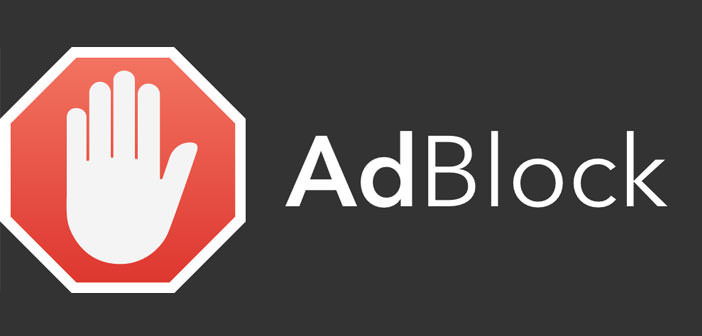It is a war going on: one side of the web publishers, the other users with various ad-blocker. In between there is Brave, the browser you want to put all agree, even advertisers.
Brendan Eich, creator of the programming language JavaScript and former CEO of Mozilla, is working on a new web browser whose basic concept seems right now very original. Brave blocks invasive advertising and those that threaten user privacy, while still leaving the possibility for advertisers to gain something. That heralded by IT seems to be the new era of online advertising, where everyone has something to gain from it, even the end user.
The Brave Software startup founded by Eich has not set to be released to the public, but started to disseminate its vision and to allow users to register to gain access to a preliminary version of the product. In a post on the official web site, Eich writes that the current ad-blocker may improve the user experience, but at the same time ” act like parasites “, with the risk of doing harm to the ” good publishers ” and start a war.
They are starting to appear those sites that try to get around the block of the banner display from the users, who by hook and with those procedures undoubtedly the most disabling. The Brave approach wants to put both parties agree: is the publisher of the contents with an appropriate advertising channel and unobtrusive within the page, and the user, giving it the ability to access sites only useful with banners and respectful of your privacy.
” Brave is producing a solution designed to prevent war between the parties and give users a fair deal for sailing and contributed in the web, ” he wrote the company’s CEO, who claims that his browser is ” much better than to be traditional ” -blocker. Brave is essentially a browser that blocks banner ads and all tracking scripts, analysis and data collection: ” Eliminate all the algae of the pool, ” said its founder.
But there are some interesting nuances in the approach of Eich. First of all, not all banners will be deleted from the web pages, but only those that are actually harmful to users. You will not be blocked native advertising and no tracking script, the fact that only use the data and the advertiser does not seek new ones to identify the user. In this way, Brave promises a speed of loading pages much higher compared to a traditional browser.
But, even more interesting, perhaps a bit controversial, Brave aims to place their banner ads, specially made to be lighter on the page.
An ad-blocker that fits your advertising? And then, what would be the advantage for the users? Everything lies in the funding strategy that wants to take the start-up of Eich. Brave does not simply create a list of trusted advertisers as do other solutions, or enter aggressively advertising industry. The idea is to split the advertising revenue by giving advertisers the 55% of the proceeds, or even 70% if and when Brave grow. Even site visitors could benefit financially, with a small portion of the revenue that will go right to users who may choose to channel money to their favorite publishers through a Bitcoin wallet.

